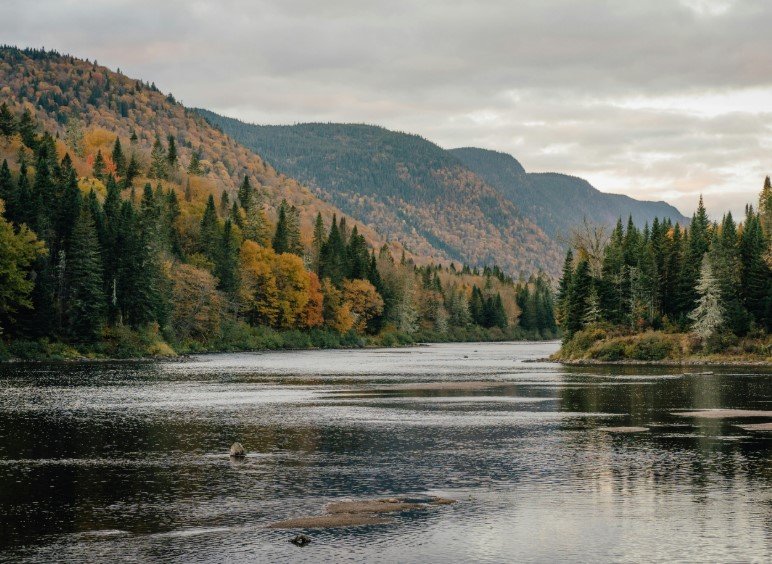In a recent address to the Georgia House of Representatives Water Subcommittee, Bert Earley, the Southwest Georgia Water Quality Specialist for the Georgia Forestry Commission, explained how forests protect the states water resources. The meeting took place on August 27, 2025, at Southern Regional Technical College in Moultrie, where Earley stressed the vital link between healthy forests and clean water amid growing concerns over water management in Georgia.
Forests Key to Cleaner Water
Earley pointed out that two thirds of Georgia is covered in forests, which act as natural filters for the states water supply. He shared that when rain falls, most drops land on forest land, helping to keep rivers and streams pure.
This connection matters now more than ever, as recent reports show rising worries about water pollution in Georgia. For instance, tests in 2025 reveal that many rivers face high levels of contaminants from runoff, pushing the need for better land practices.
Earley described how forest soils and plants soak up harmful substances like nitrates and pesticides before they reach waterways. This process cuts down on pollution and eases the burden on treatment plants.
He also noted that trees provide shade, which keeps water cool and supports fish and other aquatic life by maintaining oxygen levels.

How Forests Boost Water Supply
Beyond quality, Earley discussed how forests help with water quantity, a hot topic in subcommittee talks. Forests slow down rain, allowing more water to seep into the ground and refill aquifers.
This natural system acts like a sponge, holding water during heavy rains and releasing it slowly to prevent floods and droughts. In Georgia, where dry spells can hit hard, this role is crucial for steady water flow.
Recent data from 2025 shows that forested areas contribute to higher groundwater levels compared to cleared lands. Experts say this helps communities during low rain periods, reducing reliance on reservoirs.
Earley tied this to broader state efforts, like ongoing water planning conferences that address both supply and quality challenges.
Georgia Forestry Commission Efforts
The Georgia Forestry Commission plays a big part in these issues through its water quality program. Earley highlighted their work in monitoring and educating on best practices for forest management.
The commissions team, honored in past years for achievements, focuses on areas like southwest Georgia, where Earley works. They track how logging and other activities affect nearby waters.
In 2025, the commission has ramped up outreach, including podcasts and reports that explain forests impact on water. This builds on awards from 2022, when their water quality team was recognized for outstanding monitoring.
Collaboration with lawmakers, as seen in the subcommittee meeting, aims to shape policies that protect these resources.
Challenges and Recent Water Issues
Georgia faces ongoing water quality hurdles, with 2025 reports indicating that over 80 percent of rivers and streams have pollution levels unsafe for swimming in some spots. Factors like agricultural runoff and urban growth add to the problem.
Earley addressed how poor forest management can worsen erosion, leading to more sediment in water. This ties into wider concerns, such as high phosphate levels found in tests across the state.
To illustrate key challenges:
- Agricultural practices often lead to nutrient overload in rivers.
- Urban expansion increases runoff from paved areas.
- Climate shifts bring more intense storms, washing pollutants into streams.
A look at recent data shows varying water quality across regions:
| Region | Pollution Level (2025) | Main Issue |
|---|---|---|
| North Georgia | Moderate | Sediment from erosion |
| Southwest Georgia | High | Agricultural runoff |
| Coastal Areas | Variable | Industrial pollutants |
| State Average | Elevated | Nutrient excess |
These figures underscore the need for forest based solutions to improve outcomes.
Looking Ahead for Better Water Management
State representatives, led by figures like Rep. Chas Cannon, are using insights from experts like Earley to guide future laws. The subcommittee meeting is part of a series in 2025 focused on agriculture and water ties.
With forests covering vast areas, maintaining them could lead to long term gains in water health. Earley urged continued support for commission programs to educate landowners.
As Georgia tackles these issues, blending forest care with water policy offers a path forward. Readers, share your thoughts on local water quality in the comments below, and pass this article along to spark discussions in your community.
